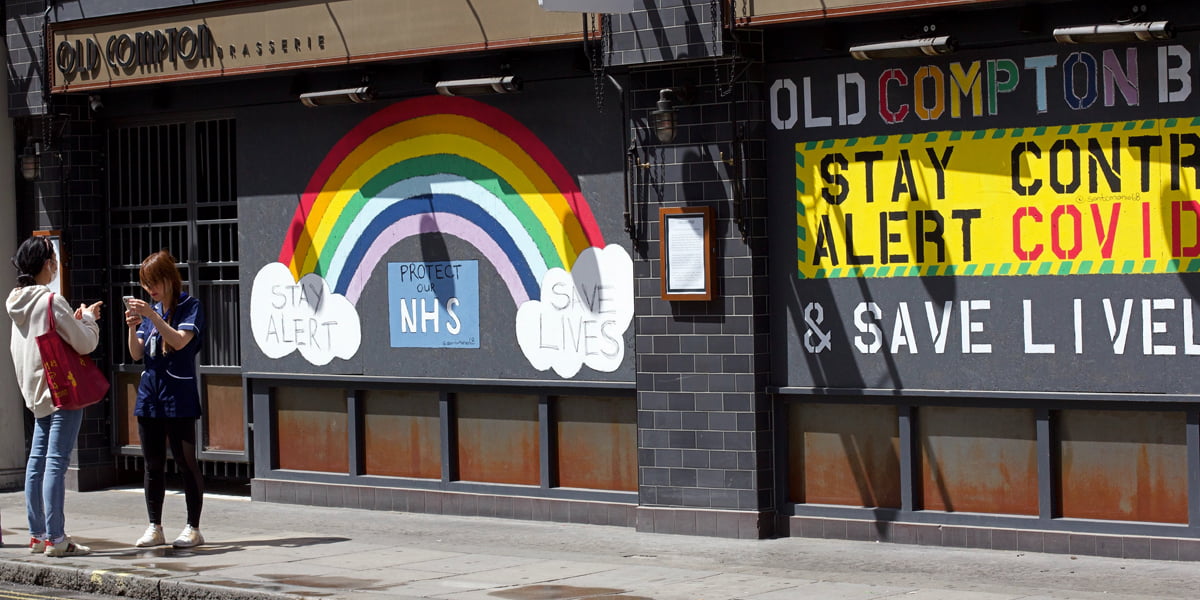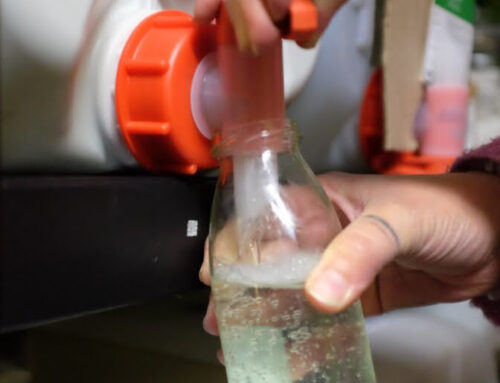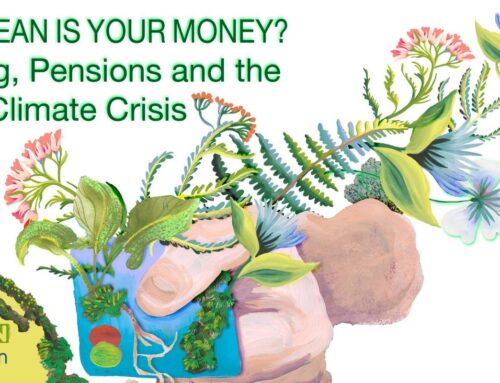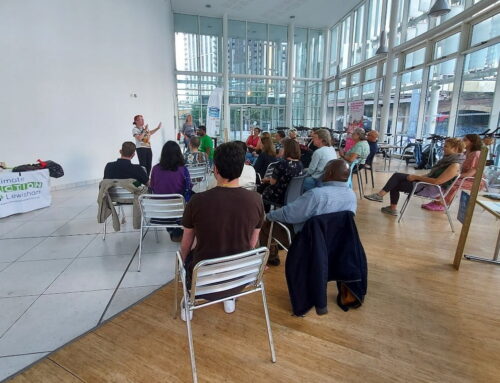
As a respiratory doctor, I’m really interested in air pollution, so the recent high media profile of the various relationships between Covid-19 and air pollution has caught my attention. The bulk of my work as a doctor is seeing people who come into hospital with flare ups of their chronic lung condition – mostly asthma and COPD. In fact, this normally counts for a third of medical admissions to hospital every day. I have been on maternity leave during this crisis, but my colleagues are reporting that there is a huge reduction in the number of people coming in with non-Covid-19 breathing problems. This is thought to be largely due to the drop in air pollution following the lock-down – in fact, a recent study found that the reduction in harmful air pollution has saved thousands of lives across Europe. This is unprecedented. If we can solve the air pollution problem – and this crisis has shown us the potential for this to happen – we will save countless lives in the future. But air pollution could also be seen as a surrogate marker for an arguably even bigger problem, climate change, which is projected to claim 250,000 lives a year by 2030. The Covid-19 pandemic and climate change have many similarities – both are global, both are a significant threat to human health, and both require us to make significant changes to the way we live.

Photo by Marc Kleen on Unsplash
So far during this pandemic, only the direct effect of the reduction in air pollution on the number of lives saved has been measured. When I look out of my front door onto the normally pretty traffic heavy road, I see far more people walking and cycling. Lewisham Council have also noticed this, and are currently consulting on how to create more pedestrian space. We know that active travel brings significant benefits for both physical and mental health. As a doctor, I love the idea that action on air pollution by increasing active travel not only reduces the direct harm caused by breathing polluted air, but also means better physical and mental health overall, with the additional benefit of reducing carbon emissions. Healthier people need less medical attention which is not only great for them, but also great for the planet – the carbon footprint of healthcare in England is a hefty 6.3% of our total carbon emissions.
Another feature that Covid-19 shares with climate change is that it is likely to be related to, or even caused by, human behaviour – in particular, the effect our lifestyle has on people and wildlife globally. Public health experts say that the closer interactions between wild animals and domesticated or farmed animals, or even with humans, is what brought Covid-19 into the tragic chain of human infection that has now spread around the world. Human encroachment on previously untouched natural areas suggests that viruses common in animals may come close to humans in future – and other pandemics are likely if this continues. At first glance this all seems quite far from home – but we have more influence over what happens on the other side of the world than you’d think. One example of this is in our shopping habits. Palm oil is a key component in 50% of packaged products we buy in supermarkets – so one of the ingredients in that bar of fruit and nut I enjoyed yesterday was probably grown in what should be virgin forest in Asia. Not so far from home after all.
Another part of our human behaviour which features prominently in both the Covid-19 pandemic and climate change is flying. Since the outbreak, the number of flights globally has dropped rapidly, due both to concerns about spreading the virus, and personal concerns about catching it while travelling. This has led to an immediate benefit to me – living in Lewisham I’m used to the constant drone of low flying planes, and their absence recently has been a blessed relief. But flying is also a major contributor to carbon emissions and a dramatic reduction in the amount we fly is vital for action on climate change.
So far, the Covid-19 pandemic has changed how – and how much – we get around, and with a consequent reduction in pollution, has shown us how it feels to live in a world with clean air. It has also highlighted how interconnected we are, how our actions here have consequences on the other side of the world. These changes not only mean better health for us now but will also help us stay healthy in the long run, by acting on that other big global problem, the climate crisis. This pandemic has changed so much of our lives. Let’s keep the good changes – they might save us. See Ewelina Preibe’s post here for some tips you can take immediately, and see Titania’s movie about her lockdown veggie growing.




